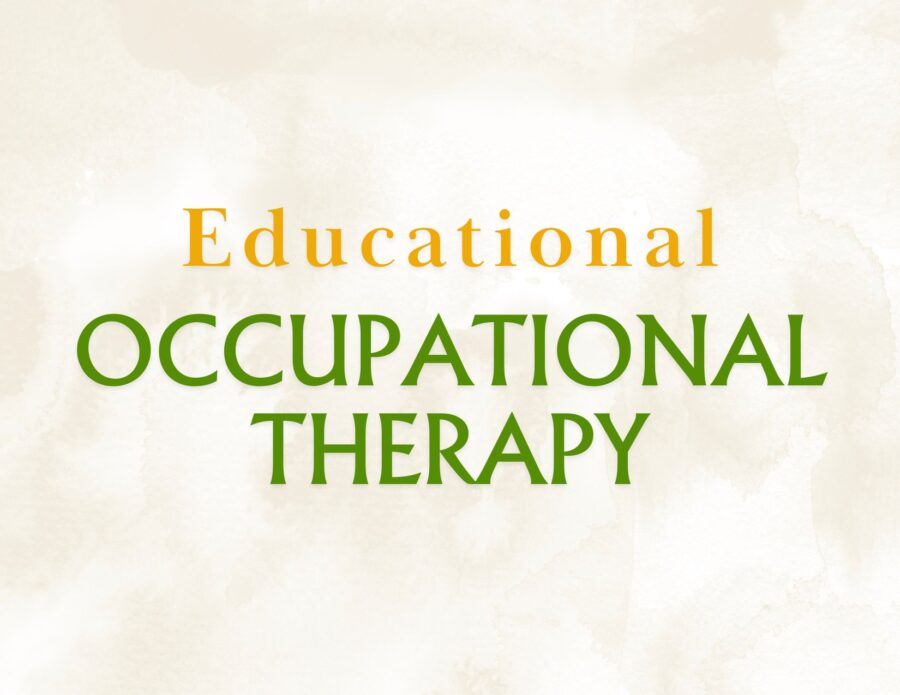Occupational therapy (OT) plays a crucial role in special education by helping students with disabilities develop the skills they need to participate in school activities and daily life. OT services is provided as a related service through the Individual with Disabilities Education Act (IDEA). Also known as school-based therapy, OT practitioners work with children who have physical, cognitive, sensory, or developmental challenges to improve their ability to learn, interact, and perform essential tasks within the school environment. So, what exactly are the key roles of OT in Special Education:
Enhances Fine and Gross Motor Skills
OT’s help children develop hand strength and coordination for writing, coloring, cutting, pasting, and other classroom tasks. They also support posture, balance, and movement for physical activities.
Improves Sensory Processing
Assists students in managing sensory sensitivities (e.g., to light, noise, touch) that may interfere with learning. They also help regulate responses to sensory input for better focus and engagement.
Developing Self-Care and Life Skills
OT’s supports activities like dressing, eating, and hygiene for greater independence. They can also teach student’s organization and time management skills.
Supporting Social and Emotional Development
OT’s help students with communication, emotional regulation, and social interaction. In addition, OT’s provides strategies for coping with frustration and anxiety in a school setting.
Adapting the Environment and Tools
Recommends modifications like specialized seating, adaptive writing tools, or alternative communication devices. Works with teachers to make classrooms more accessible and supportive for students with disabilities.
Collaboration with Teachers and Parents
Works as part of an Individualized Education Program (IEP) team to set and achieve educational goals. Provides training to teachers and parents on strategies to support the child’s needs.
Occupational therapy in special education is all about helping students develop the skills they need to thrive in school. Their goal is to support student’s ability to engage in school-related tasks such as writing, self-care, classroom participation, social interaction, and more. This, of course, helps students way beyond their school years!



